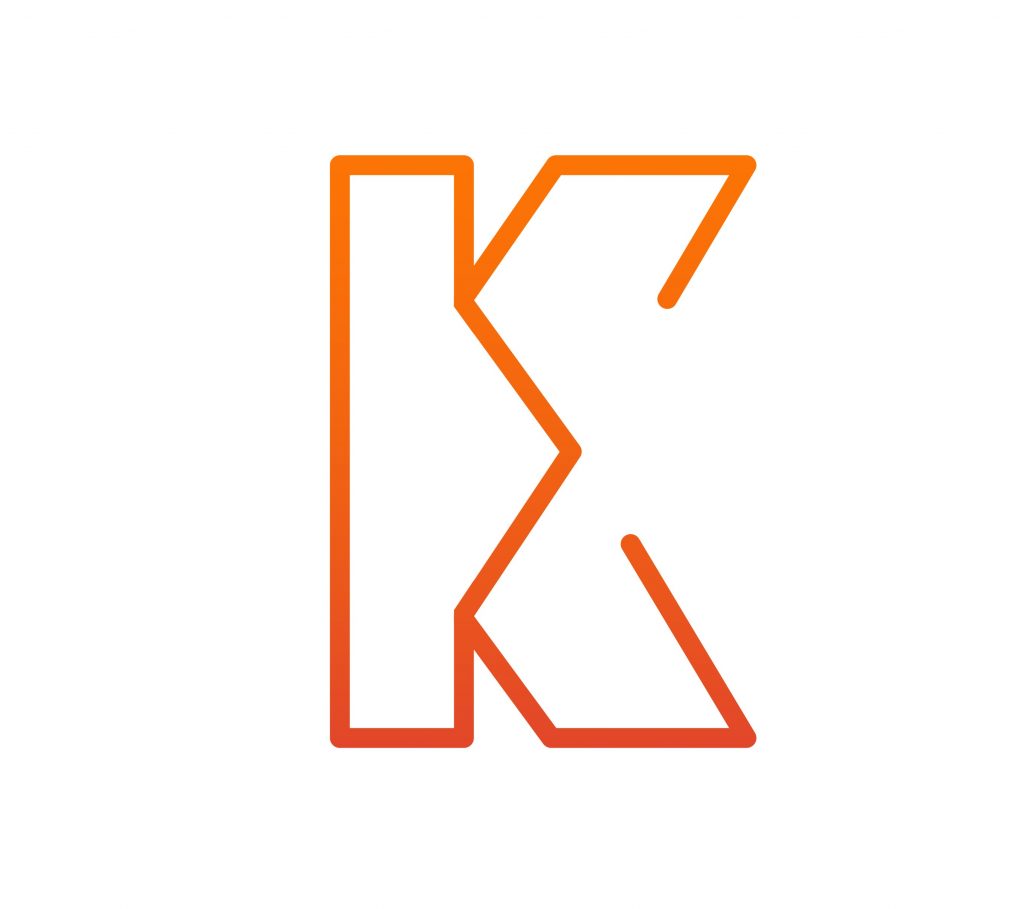As businesses and organizations across industries continue to collect massive amounts of data, the need for accurate and efficient data labeling has become increasingly important. Data annotation, or the process of adding descriptive or informative labels to data, is a critical step in developing machine learning algorithms and artificial intelligence systems. In recent years, crowdsourcing has emerged as a popular method for data labeling, offering both advantages and disadvantages over traditional in-house data annotation methods.
What is Crowdsourcing for Data Labeling?
Crowdsourcing is a process of obtaining services, content or ideas from a large group of people, especially through the internet. Crowdsourcing for data labeling involves outsourcing the task of data annotation to a large, distributed workforce, often via an online platform. Workers, or “annotators,” complete tasks on a per-piece basis and receive payment for their work.
Pros of Crowdsourcing for Data Annotation
Cost-Effective
Crowdsourcing data annotation can be much more cost-effective than in-house annotation. By outsourcing to a large, distributed workforce, businesses can take advantage of a global labor pool and pay per piece, saving on the overhead costs associated with hiring and training in-house staff.
Faster Turnaround Time
Crowdsourcing can also speed up the data labeling process. With a large and distributed workforce, businesses can assign tasks to many workers at once, significantly reducing turnaround time compared to in-house annotation.
Scalability
Another advantage of crowdsourcing is scalability. As data volumes grow, businesses can easily scale up annotation tasks by adding more workers to the workforce, without having to worry about additional overhead costs.
Cons of Crowdsourcing for Data Annotation
Quality Control
One major disadvantage of crowdsourcing is quality control. With a distributed workforce, it can be challenging to ensure the accuracy and consistency of the annotations. However, this can be mitigated by implementing strict quality control measures and hiring experienced workers.
Security and Confidentiality
Another concern with crowdsourcing is security and confidentiality. Depending on the nature of the data being annotated, businesses must take measures to ensure that sensitive data is not leaked or compromised. At Kotwel, we take security and confidentiality very seriously, and we use advanced security measures to protect our clients' data.
Why Choose Kotwel for Data Annotation Services?
Kotwel is a reliable and high-quality data annotation services provider, offering a range of annotation services for various industries, including healthcare, finance, and e-commerce. Our crowdsourcing approach to data annotation allows us to provide fast, cost-effective, and scalable services, while maintaining strict quality control measures to ensure the accuracy and consistency of our annotations.
At Kotwel, we employ experienced annotators who undergo rigorous training and evaluation to ensure they meet our high standards for quality. We also use advanced security measures to protect our clients' data, and our services are fully customizable to meet our clients' specific needs.
Kotwel is a reliable data service provider, offering custom AI solutions and high-quality AI training data for companies worldwide. Data services at Kotwel include data collection, data annotation and data validation that help get more out of your algorithms by generating, labeling and validating unique and high-quality training data, specifically tailored to your needs.



